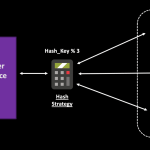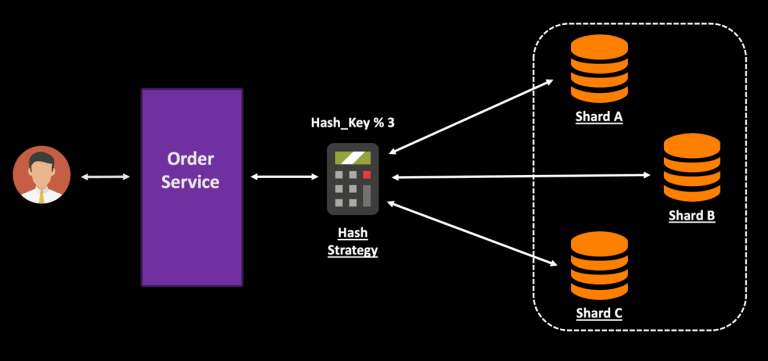In the ever-evolving landscape of global manufacturing, staying compliant with environmental regulations is paramount. Traditional methods of managing compliance are often manual, time-consuming, and prone to errors. Enter AI-driven compliance platforms—innovative solutions that leverage artificial intelligence to streamline and enhance the compliance process. These platforms are transforming how manufacturers approach regulatory adherence, offering real-time insights, automation, and proactive risk management.
Understanding AI-Driven Compliance
AI-driven compliance refers to the integration of artificial intelligence technologies, such as machine learning, natural language processing, and predictive analytics, into compliance management systems. These intelligent systems can analyze vast amounts of regulatory data, identify relevant compliance requirements, and automate tasks that were traditionally performed manually. By doing so, they enable manufacturers to maintain up-to-date compliance with environmental regulations across various markets.
The Challenges of Traditional Compliance Methods
Manufacturers often face several challenges when managing compliance manually. These include:
- Complexity of Regulations: Navigating the intricate web of local, national, and international environmental laws can be daunting.
- Resource Intensive: Manual compliance processes require significant time and human resources, diverting attention from core business activities.
- Risk of Non-Compliance: Human errors, outdated information, and oversight can lead to costly fines and reputational damage.
AI-driven compliance platforms address these challenges by automating and optimizing compliance workflows, ensuring accuracy and efficiency.
Key Features of AI-Driven Compliance Platforms
Modern AI-driven compliance platforms offer a range of features designed to simplify and enhance compliance management:
- Real-Time Regulatory Monitoring: AI systems continuously scan and analyze regulatory updates, providing manufacturers with timely alerts about changes that may impact their operations.
- Automated Documentation and Reporting: These platforms can automatically generate and update compliance documents, reducing the manual effort involved and minimizing the risk of errors.
- Predictive Analytics for Risk Management: By analyzing historical data, AI can predict potential compliance risks, allowing manufacturers to take proactive measures.
- Integration with Existing Systems: AI-driven platforms can integrate seamlessly with other enterprise systems, ensuring a cohesive approach to compliance management.
Benefits of Implementing AI-Driven Compliance
Adopting AI-driven compliance platforms offers numerous advantages for manufacturers:
- Enhanced Efficiency: Automation of routine compliance tasks frees up resources, allowing teams to focus on strategic initiatives.
- Improved Accuracy: AI reduces the likelihood of human errors in compliance processes, ensuring more accurate monitoring, reporting, and risk assessment.
- Cost Savings: By streamlining compliance workflows and reducing the need for manual intervention, manufacturers can achieve significant cost savings.
- Scalability: AI-driven platforms can easily scale to accommodate growing compliance requirements as businesses expand into new markets.
- Proactive Risk Management: Predictive analytics enable manufacturers to identify and address compliance risks before they escalate into significant issues.
EcoComply: A Case Study in AI-Driven Compliance
EcoComply is a prime example of an AI-driven compliance platform tailored for manufacturers. Specifically designed for the consumer electronics industry, EcoComply helps businesses navigate complex environmental regulations such as CE, EPR, RoHS, and REACH. The platform offers real-time regulatory intelligence, automated task generation, and collaborative workflows, enabling manufacturers to manage compliance efficiently and effectively.
The Future of AI in Compliance
As regulatory landscapes become increasingly complex, the role of AI in compliance management will continue to grow. Future advancements may include:
- Advanced Natural Language Processing: Improved capabilities to interpret and understand regulatory language, facilitating more accurate compliance assessments.
- Blockchain Integration: Enhanced transparency and security in compliance documentation through blockchain technology.
- AI-Powered Auditing: Automated auditing processes that can identify discrepancies and potential non-compliance issues in real-time.
Conclusion
AI-driven compliance platforms represent a significant advancement in how manufacturers approach regulatory adherence. By automating and optimizing compliance processes, these platforms not only reduce the risk of non-compliance but also enhance operational efficiency and strategic decision-making. As the regulatory environment continues to evolve, embracing AI-driven compliance solutions will be crucial for manufacturers aiming to maintain competitiveness and sustainability in the global market.


























+ There are no comments
Add yours